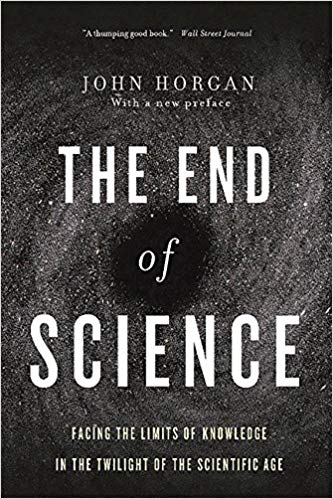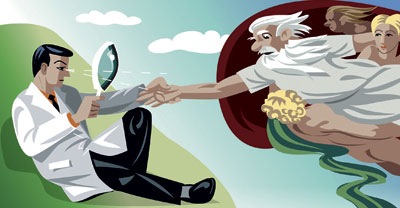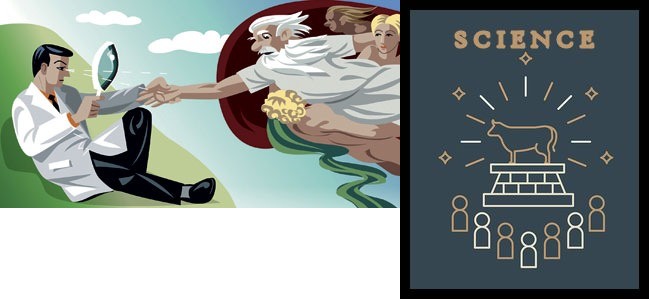 |
 |
A Review of John Horgan, The End Of Science: Facing the Limits of Knowledge in the Twilight of the Scientific Age (Basic Books, 1996, 2015)
My grandfather preached the good news of the Bible
My father preached the good news of Socialism
I preach the good news of Science
The above slogan once seemed eminently reasonable since science has delivered unparalleled knowledge and technology to create modern civilisation. However, in recent years there has been increasing suspicion that science may be serving its profound knowledge in a poisoned chalice. Science creates more problems than it solves – problems all too familiar in the form of environmental disasters and weapons of mass destruction.
Perhaps many scientists remain blissfully unaware, if not indifferent, to this deep unease. After all, the prevailing image of the scientist is someone dressed in white clinical apparel working quietly in sanitised labs, oblivious to the hassles and tensions of life outside. But, we wonder, how can the dull routines of the lab, such as cleaning test tubes and animal cages, sustain the motivation for scientific research in the face of increasing doubts and criticisms? John Horgan, a senior writer for Scientific American and author of the book The End of Science, exploits his literary expertise effectively to offer vivid introductions and personal insights into the aspirations, audacity and hubris of some of the major icons of the scientific pantheon: Richard Dawkins, Francis Crick, Murray Gell-Mann, Stephen J. Gould, Roger Penrose and Ilaya Prigogine. Continue reading “Facing Up to the End of Science – Science & Christianity: Part 4/6”
